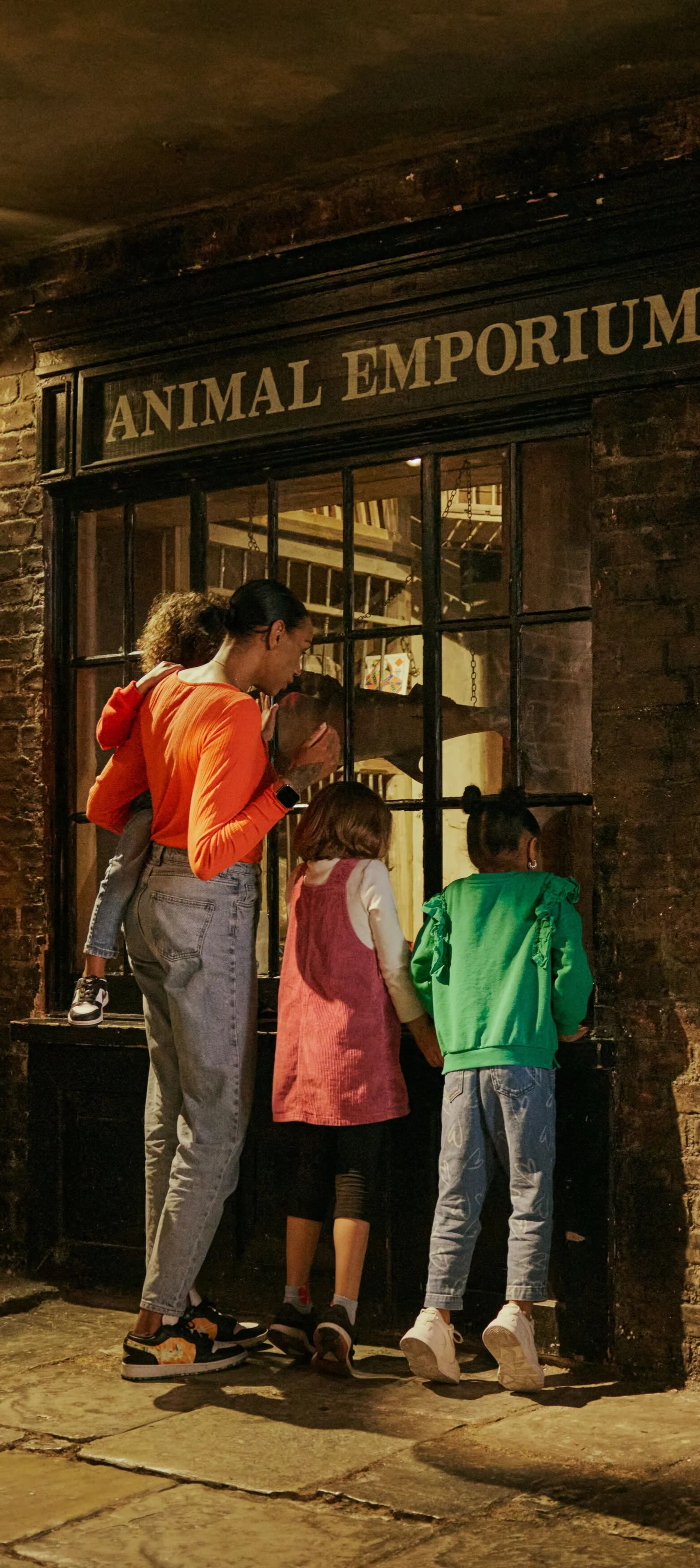Lady Phyll: Activist & co-founder of UK Black Pride
Phyllis Akua Opoku-Gyimah – widely known as Lady Phyll – is a pioneering LGBTQ+ rights and anti-racism campaigner who’s dedicated her life to fighting injustice and uplifting communities.
1974

Lady Phyll at the Reclaim Pride London protest in 2021.
A trailblazer in intersectional equality
Lady Phyll is a powerhouse of an activist and community organiser. Born in Islington to Ghanaian parents, Lady Phyll found her activist voice in her youth and has tirelessly advocated for racial, gender, class and LGBTQ+ equality ever since.
She co-founded UK Black Pride, now the world’s largest celebration for LGBTQ+ people of African, Asian, Caribbean, Middle Eastern and Latin American descent. She’s also been a leading figure in a number of charities and organisations and has won many accolades for her work.
In 2018, a miniature statue of Lady Phyll was made as part of a project aiming to double the number of statues of non-royal, non-fictional women in the public realm. This statue is now in our collection.
Founding UK Black Pride
The idea for UK Black Pride came in 2005, when Lady Phyll and a group of other queer Black women in the group Black Lesbians in the UK (BLUK) organised a trip to the seaside town Southend-On-Sea. The sense of community they felt on the trip was the spark for creating a space that centred and celebrated Black LGBTQ+ people back home in London.
“we created a Pride, a Black Pride, that talks about our lived experiences and celebrates ourselves”
Lady Phyll, GQ Magazine
“At the time… there was a real heightened political surge in the BNP [the far-right British National Party], who were spouting off the nastiest propaganda,” Lady Phyll told GQ Magazine. “They were sexist. They were misogynistic. They were racist. They were homophobic, biphobic, transphobic, Islamophobic… So we created a Pride, a Black Pride, that talks about our lived experiences and celebrates ourselves.”
What began as gatherings of a few hundred people has grown to thousands coming together for its annual free-to-attend celebration in London.
A lifetime of activism
Lady Phyll has dedicated her career to tackling discrimination and campaigning for a better future. She’s worked in multiple roles within the Public and Commercial Services (PCS) trade union, advocating for the rights of workers.
She’s also a patron of a number of charities, such as akt, an LGBTQ+ youth homelessness charity, and the Kaleidoscope Trust, who campaign for the human rights of LGBTQ+ people facing discrimination in countries across the world. She was the Kaleidoscope Trust’s executive director from 2019–2023.

Phyllis Akua Opoku-Gyimah, aka, Lady Phyll.
In 2016, Lady Phyll was nominated for an MBE, which stands for Member of the Order of the British Empire. This award recognises people who’ve had a positive impact in their work or within their communities, but is part of an honours system rooted in Britain’s colonial past. She turned it down in protest of how LGBTQ+ people are still being “persecuted, tortured and even killed” in Commonwealth countries, and from laws imposed by British imperialists.
“I don't believe in empire,” she told DIVA, a magazine for which she’s also been a columnist. “I don't believe in, and actively resist, colonialism and its toxic and enduring legacy... I'm honoured and grateful, but I have to say no thank you.”
Celebrated with a statue

Miniature statue of Lady Phyll.
In 2018, a campaign led by artist group non zero one set out to celebrate the achievements of living women by doubling the number of public statues of “non-mythical, non-royal women” in the UK. At the start of that year, there were more statues of animals and of people called John than there were of real, non-royal women in the public realm.
Lady Phyll was one of 25 women nominated by the public to be 3D scanned and printed into a sandstone figure. She told Pink News: “I am truly grateful and realise that my purpose is to ensure that our next generation can claim their space, feel visible, not erased and positively represented 365 days of the year, 24/7.”




